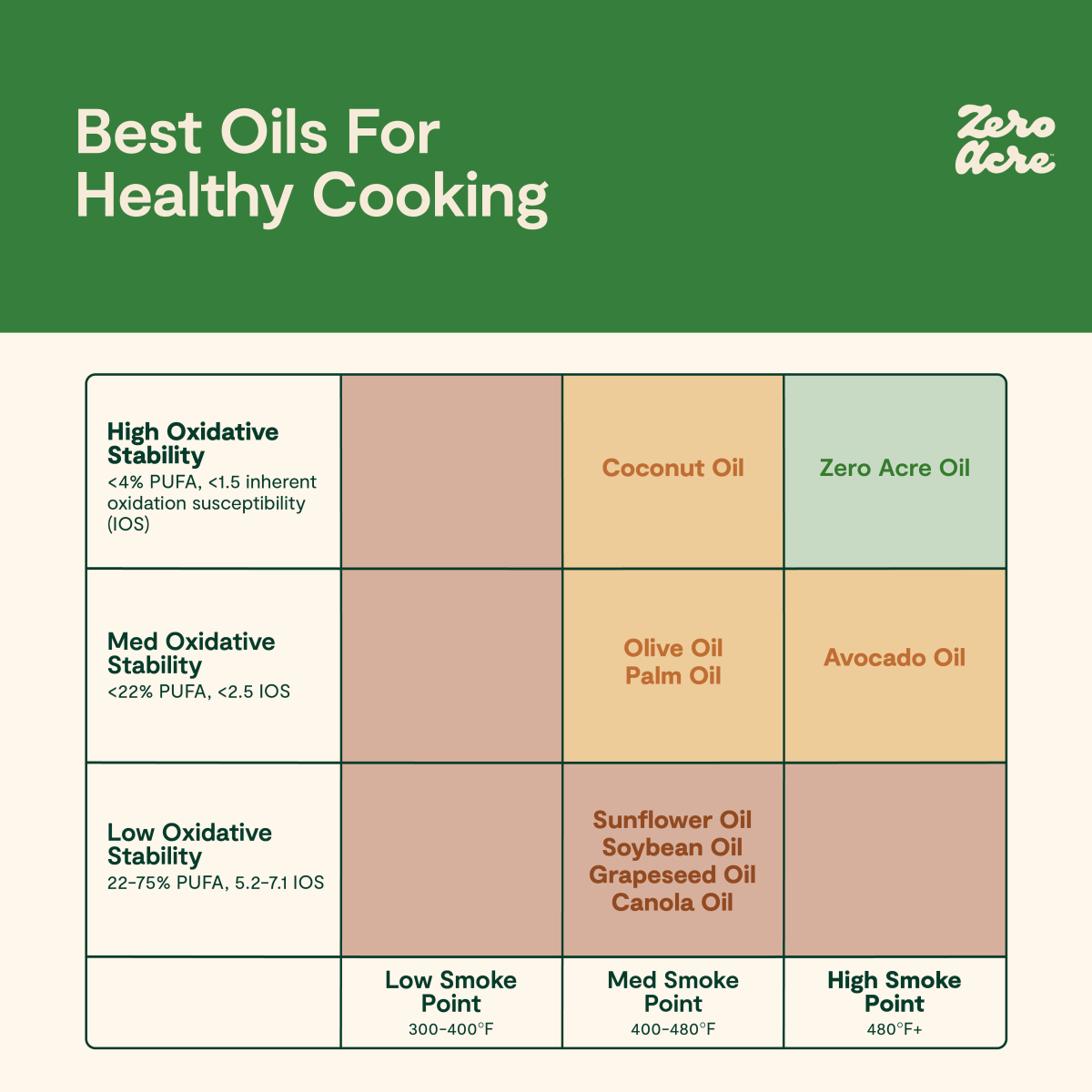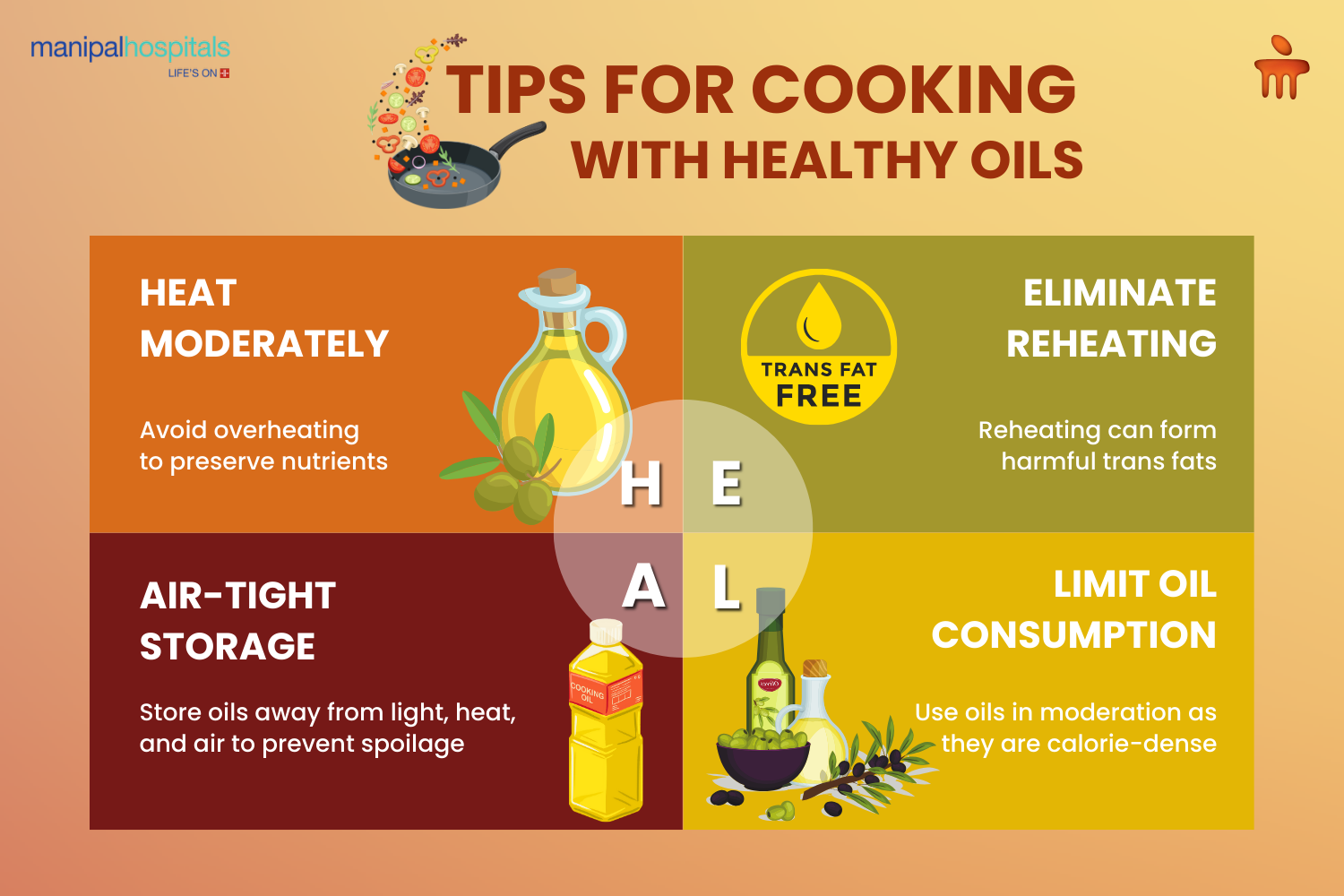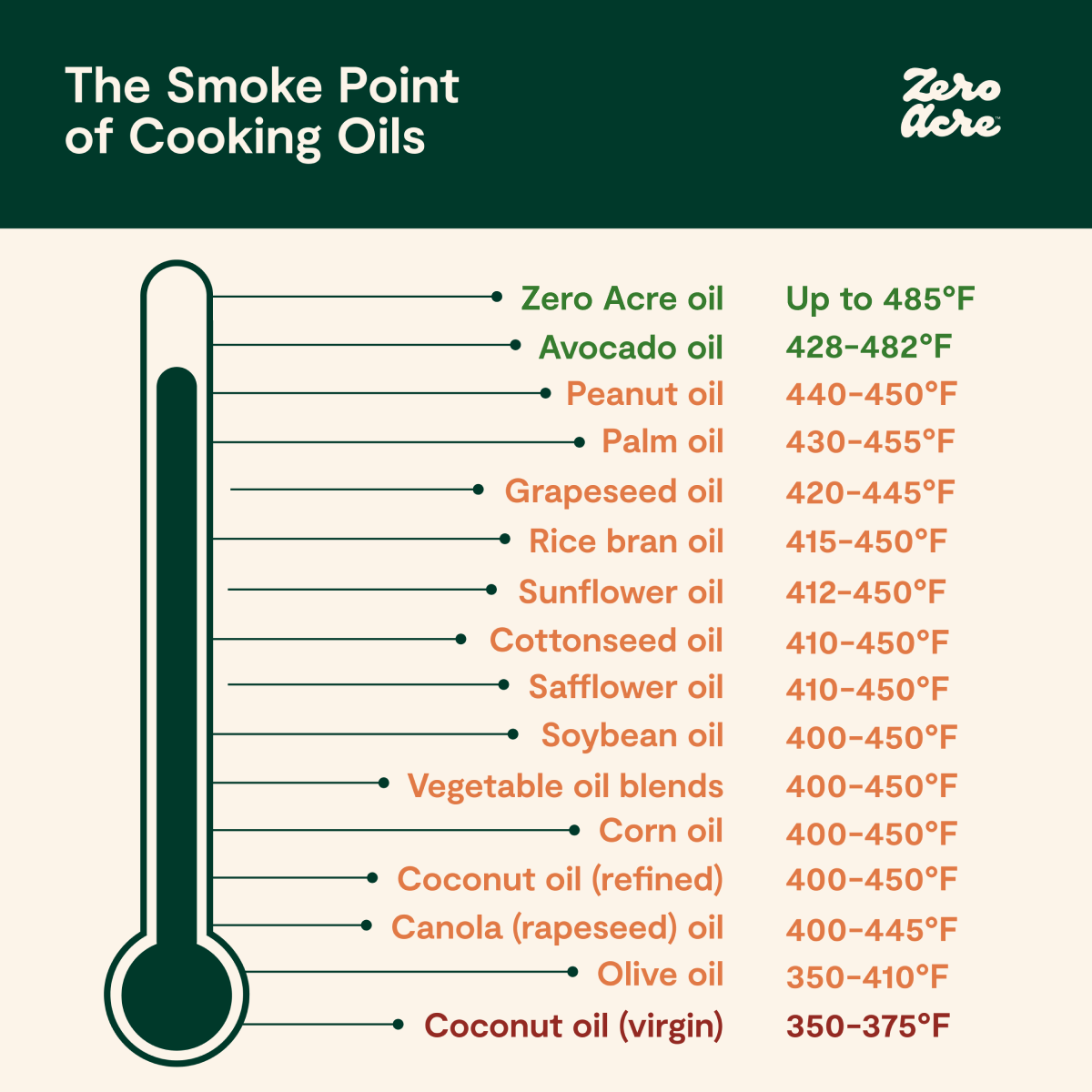Canola oil has been a kitchen favorite for ages, right? It’s cheap, pretty neutral in taste, and can handle high heat, which makes it perfect for frying. But honestly, sometimes you just want to switch things up or maybe you’ve heard some concerns about it and want to try something different. Whether it’s because of health reasons, allergies, or just curiosity, finding a good substitute for canola oil when frying is something many people wonder about. So, let’s dig into some of the best alternatives that not only fry well but also bring some health perks to the table.
Why bother looking for a canola oil substitute anyway? Well, canola oil is great, no doubt. It has a high smoke point (around 468°F or 242°C), which means it won’t burn easily when you’re frying up your favorite crispy fries or chicken. Plus, it’s pretty neutral, so it doesn’t mess with your food’s flavor. But some folks worry about how it’s processed or the amount of omega- fatty acids it contains. Others might just want to explore oils that offer different flavors or nutritional benefits. And hey, sometimes you just run out of canola oil and need a quick swap!
So, what makes a good substitute? Ideally, you want an oil that can handle high heat without smoking or breaking down, has a mild flavor so it doesn’t overpower your food, and is healthier than some of the more processed oils out there. Here’s a rundown of some popular and healthy options you might want to try.

First up, avocado oil. This one’s kind of a superstar. It has an incredibly high smoke point—about 520°F (271°C)—which means it’s perfect for just about any frying you want to do, from deep frying to quick stir-fries. Plus, it has a mild, buttery flavor that’s really pleasant and doesn’t take over your dish. On top of that, avocado oil is packed with monounsaturated fats, which are great for heart health, and antioxidants like vitamin E. Honestly, if you want a healthy, versatile oil that’s a bit fancy, avocado oil is a solid pick.
Next, grapeseed oil. It’s pretty neutral in taste and has a smoke point around 420°F (216°C), so it’s good for frying and sautéing. It’s rich in polyunsaturated fats and vitamin E, which is nice, but it does have a higher omega- content, so you might want to balance it out with omega-3s elsewhere in your diet. Grapeseed oil is great when you want something light that won’t interfere with your food’s flavor.
Sunflower oil is another common choice. Its smoke point ranges from 440°F to 460°F (227-238°C), close to canola oil, and it’s pretty neutral tasting. There are different types of sunflower oil, though—high oleic sunflower oil is better for frying because it has more monounsaturated fats and is more stable at high heat. It’s also rich in vitamin E, which is a nice bonus.
Refined coconut oil is a bit of a wildcard. It has a lower smoke point than canola oil—about 350°F (177°C)—so it’s not the best for super high-heat frying, but it’s fine for medium-heat cooking. Refined coconut oil has a neutral flavor, unlike virgin coconut oil, which tastes strongly of coconut. It’s high in saturated fats, which some people avoid, but it’s very stable when heated. If you’re into a little subtle richness or want something less processed, this might be your oil.
Vegetable oil is often a blend of different oils like soybean, corn, or even canola itself. Its smoke point varies but usually sits between 400°F and 450°F (204-232°C). It’s neutral in flavor and cheap, which is why it’s so popular. But since it’s often highly processed, some people prefer to avoid it for health reasons.
Lastly, olive oil. Now, extra virgin olive oil has a lower smoke point (around 375°F or 190°C) and a strong flavor, so it’s not the best for frying, especially deep frying. But refined olive oil has a higher smoke point (about 465°F or 240°C) and a milder flavor, making it a decent option for frying. Plus, olive oil is packed with heart-healthy monounsaturated fats and antioxidants.
If you want a quick glance at how these oils stack up, here’s a simple table to give you an idea:
So, how do you pick? If you’re deep frying or cooking at very high heat, avocado oil is probably your best bet. It’s stable, healthy, and won’t mess with your food’s flavor. For medium-heat frying or sautéing, grapeseed oil or refined coconut oil can work well. If you want something neutral and affordable, sunflower or vegetable oil might do the trick, but keep in mind the processing level. And if you want a bit of flavor and health benefits, refined olive oil is a nice choice.
There are also some less common but interesting options like animal fats—beef tallow, lard, or ghee. These have high smoke points and add rich flavor, but they’re heavy on saturated fats and not for everyone.

Before you make your final choice, here are some common questions people ask when swapping canola oil:
Q: Can I use olive oil instead of canola oil for deep frying?
A: Refined olive oil can work because of its higher smoke point, but extra virgin olive oil isn’t great for deep frying due to its lower smoke point and strong flavor.
Q: Is avocado oil healthier than canola oil?
A: Generally, yes. Avocado oil has more monounsaturated fats and antioxidants, which are good for heart health. But both oils are fine in moderation.
Q: What oil has the most neutral taste for frying?
A: Grapeseed oil and sunflower oil are both very neutral and won’t change the flavor of your food.
Q: Can I use coconut oil instead of canola oil?
A: You can, but refined coconut oil is better for frying than virgin coconut oil because it has a higher smoke point and less coconut flavor.
Q: Why does smoke point matter?

A: Oils with higher smoke points don’t break down as easily when heated, so they won’t burn or produce harmful compounds as quickly.
To wrap it up, if you want a straightforward, healthy, and reliable substitute for canola oil when frying, avocado oil is probably the winner. It’s got the heat tolerance, the health benefits, and a nice mild taste. But don’t be afraid to experiment with grapeseed, sunflower, or even refined olive oil depending on what you’re cooking and what flavors you want. Just remember to keep an eye on the smoke point and try to pick oils that fit your health goals and taste preferences.
Happy frying!



